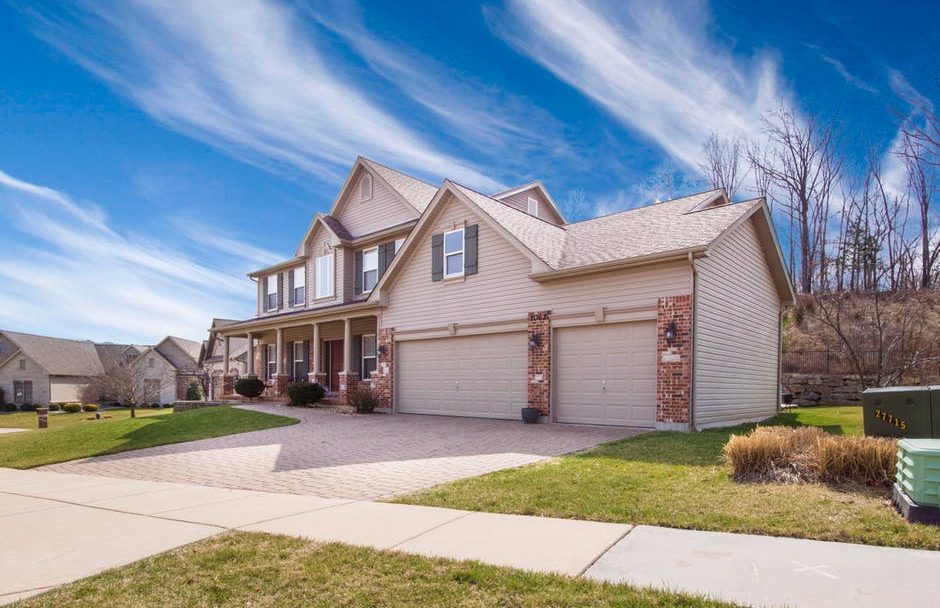If you have your house and you are going to travel for an extended period, you have a significant choice to make. The main options are selling, renting out, or keeping you home. Many long-term travellers advise that you market your home before travel so that you’ll have fewer things to worry about while out and about. That is just one great, affordable alternative. However, like everything else travel related, there is nothing as a one-size-fits-all alternative. Even if you know that you need to sell to be able to afford to travel, it is never a genuinely straightforward decision.
Should you end up in this circumstance, here are a few facts to take into account as we go through the benefits and drawbacks of each option.

Selling Your Home:
Benefits:
- Peace of mind, no need to worry about finances: you won’t need to be worried about mortgage payments, other fees or fix problems.
- Extra money for travel: if you bought nicely, you are going to find a significant chunk of money which you can use to help finance your journeys or to spend/invest elsewhere.
Drawbacks:
- Possible monetary loss: If the market is down, you may not be able to sell your own home for the true value.
- Time and paperwork: you’ll have to be patient and wait until you have sold the property until you can commence travelling, or sell it while you are away. Long-distance selling is relatively straightforward if you hire professionals or go through private home sales, though most people prefer to do it in person. Hiring an attorney to witness your singing and approval may be difficult in some countries.
- Replacement: do you plan to live in the same area upon returning from travels? You need to think about how you will re-establish and whether you will be happy with renting or purchasing in a different location.
Renting Out Your Home and Travelling the World:
Benefits:
- Income: You will make an income as are away which can help with your family budget. Property can be a terrific source of passive income and can be handy cash for your travel expenses. There are some points to think about if you would like to rent out of your house, but this is just one enormous potential upside. Based on how much you make in rent, you could have the ability to travel indefinitely without needing to return to other work.
- Home-ownership: Should you intend on arriving home after spending a specific quantity of time travelling, then you will have somewhere to return home to.
- Storage: Depending upon your arrangement with the renter, you might even keep a lot of your items at home, that eliminates the need to borrow or rent storage space, which is costly and time-consuming.
Drawbacks:
- Regulations: if you reside in an apartment building, there might be a limitation on the maximum amount of apartments which may be leased out. When it’s already in the limit, then you might need to get on a waiting list before obtaining permission.
- Financial duties: You are going to need to pay your mortgage, property tax, insurance, and some other fees as you travel, so compute if the lease will pay for these expenses. Do not neglect to take into consideration repairs and maintenance expenses, in addition to vacancy costs.
- Tenant management: you’ll have to find someone to look after the property that’s right for you. You could employ an agency to manage your property and find tenants and manage upkeep for you. However, this is an additional cost but is probably worth it to avoid headaches in organising everything yourself. When enjoying a museum display abroad, the last thing you want to think about is finding tenants for your home. You only want to be paying attention to the museum display cabinets not broken cabinets in your home.
- Emotional factors: will you be comfortable with strangers living in your home and potentially changing things around? This is your home, and you may not want it to be intruded by people you don’t know.
Maintain Your Home Without Renting it Out:
Benefits:
- Home-ownership: you will have someplace to come back home to, even though your excursion ends sooner than intended. You will feel secure and will not have to panic and look for a place to stay upon returning.
- No tenants: you won’t need to fret about what strangers do on your property.
Low expenses: you don’t need to hire a property agent or pay tenant insurance and other costs to maintain the property
Drawbacks:
- Financial obligations: You will still need to cover all of your bills. Without lease income to assist, this may get overwhelming. But if you are financially capable of covering all of the home-related expenses as you travel, why not?
- Repairs and replacements: you are going to need to assign a person to visit the home frequently to check that everything is fine. You do not wish to leave any mishaps or damage unattended.
- Safety Problems: a vacant house can become a target for vandalism and break-ins. Organise your mail to be kept at the post office and possibly have a vehicle parked in the driveway to mimic that someone is home.
